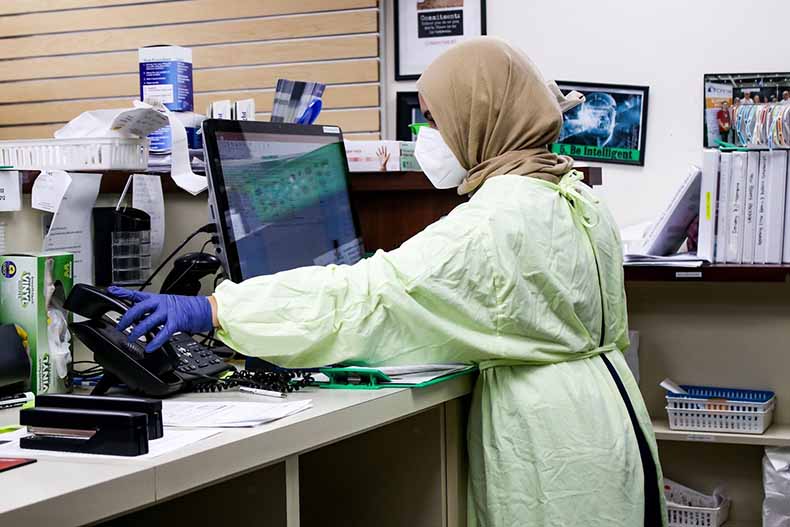COVID-19 Prevention: What You Need to Know
A year after the first-ever reported case, the coronavirus continues to spread worldwide, with new reports every day. Recent reports show a new strain of the virus named SAR-CoV-2, meaning severe acute respiratory syndrome coronavirus 2. This newly discovered can lead affected patients to other (possibly more dangerous) variants of the disease.
Unfortunately, SAR-CoV-2 on its own can still cause life-threatening effects for some people. It is a disease that contaminates the air and surfaces, staying long enough for someone else to contract it. What is even more terrifying is that the new variant, once contracted, multiplies within your body and possibly does not show any signs or symptoms.
Also Read COVID-19 health sensor: The new Apple Watch measures blood oxygen.
The virus’s nature allowed it to spread quite rapidly in all states, cities, and countries worldwide. It is easily transmitted from one person to another through the air and other mediums. It can also be caught by touching your mouth, nose, or eyes after touching any surface that has the virus on it.
Fortunately, there are ways to protect ourselves from this continuously spreading disease. Some people are lucky enough to experience mild symptoms before fully recovering. Others have to suffer worse scenarios, and some even lead to death. Regardless of the situation, everyone needs to protect themselves from the COVID-19 outbreak.
Observe Proper Hand Hygiene
The best way to ensure that you have cleared your hands of any virus present on the surface you have touched is by washing them with soap and water. Follow the 20-second rule and clean everything, from the wrists, to between your fingers and under your fingernails. It is advisable to wash several times a day with antibacterial and antiviral soap.
Do Not Touch Your Face
Touching your nose, eyes, and mouth with unwashed hands may lead to an infection, especially if you have just touched a public surface or item. New reports claim that the new variant can live on surfaces for a 72-hour timeframe. Thus, if you opened a doorknob, touched an office desk, or used your phone in public, do not touch your face right after.
Practice Social Distancing
COVID-19 is contracted by touching infected surfaces or through small droplets carried in the air. Although many scientists claim that it is not precisely an airborne disease, it may be transmitted through tiny respiratory droplets, light enough to be carried in the air. For instance, you may contract the virus if you are near a patient who has just sneezed, laughed, or talked.
So you need to shop face shields and practice social distancing (at least six feet) to lessen the risk of infection. Keep your personal belongings such as your phones, combs, utensils to yourselves and avoid sharing for the time being. Reports claim that skin-to-skin and other close contact types may transmit SARS-CoV-2 from one person to another.
Practice Regular Cleaning and Disinfecting Surfaces
Our homes should be the safest place to stay as we are isolated from people, decreasing the chance of getting an infection. However, groceries and other essential times require us to leave our home’s comforts. So, it is vital to regularly clean and disinfect surfaces such as doors, windows, and countertops if you come in and out of your house.
Ensure that you are using alcohol-based cleaning products to disinfect the surfaces. You might want to increase your cleaning times from once to twice or thrice a week, just to ensure that your house is free of the virus. That way, you can come home to a relatively safer environment without the risk of contracting the disease from your own household.

